You may have to sleep on the hospital bed as a patient or as his or her companion. But how to sleep better on hospital beds. This article draws your attention to this issue. Comfort is the goal of most hospital patients. It makes sense that sleep is especially important when you’re sick or injured — and it is. It is very difficult to find him during his arrest. Why is it so hard to sleep in the hospital? The nature of the hospital can make sleeping particularly difficult. You lie on a bed that is not yours and you try to sleep with a pillow that is not yours. You can easily bring your own pillow and blanket if you want, but the fact is that you sleep on a bed that is not the bed you are used to at home. Those who sleep on their stomachs also have a hard time sleeping, as most hospital beds are designed so that patients can sleep on their backs. Hospitals are open 24 hours a day, 7 days a week. This means that there is a lot to do day and night and that hospitals are very full.  So, if you’re trying to take a nap during the day, you’re likely to hear voices in the hallway, cleaning staff, and even another patient’s television is too loud because they aren’t wearing their hearing aids. Hospitals are full of noise. Hear beeps and beeps from infusion pumps, monitors, and other devices. The beds roll down the halls and the elevators jingle. Then there’s the care you get, which is essential but also interrupts your sleep. Labs are often designed in the middle of the night, which means getting up at 3 or 4 a.m. to collect blood. Vital signs are measured every 15 minutes, if the patient is unstable or has a problem, hourly vital signs are standard in intensive care units. If the patient is stable, they may be lucky enough to perform their vital signs every 4 to 8 hours, but may still disrupt sleep. Seeking medical care is one of the best things you can do for your health, but the cost of some types of care can add up quickly. Whether you’re dealing with unexpected expenses or planning to go through unsecured treatment, dealing with tons of treatment bills can be overwhelming. In fact, the Discover Personal Loans study found that 63% of Americans are concerned about paying off medical debts, and 8 out of 10 people with pre-existing medical debts have put off getting care because of the cost. The good news is that there are many ways to reduce your healthcare costs and there are some good financing options available for all costs that cannot be reduced.
So, if you’re trying to take a nap during the day, you’re likely to hear voices in the hallway, cleaning staff, and even another patient’s television is too loud because they aren’t wearing their hearing aids. Hospitals are full of noise. Hear beeps and beeps from infusion pumps, monitors, and other devices. The beds roll down the halls and the elevators jingle. Then there’s the care you get, which is essential but also interrupts your sleep. Labs are often designed in the middle of the night, which means getting up at 3 or 4 a.m. to collect blood. Vital signs are measured every 15 minutes, if the patient is unstable or has a problem, hourly vital signs are standard in intensive care units. If the patient is stable, they may be lucky enough to perform their vital signs every 4 to 8 hours, but may still disrupt sleep. Seeking medical care is one of the best things you can do for your health, but the cost of some types of care can add up quickly. Whether you’re dealing with unexpected expenses or planning to go through unsecured treatment, dealing with tons of treatment bills can be overwhelming. In fact, the Discover Personal Loans study found that 63% of Americans are concerned about paying off medical debts, and 8 out of 10 people with pre-existing medical debts have put off getting care because of the cost. The good news is that there are many ways to reduce your healthcare costs and there are some good financing options available for all costs that cannot be reduced. 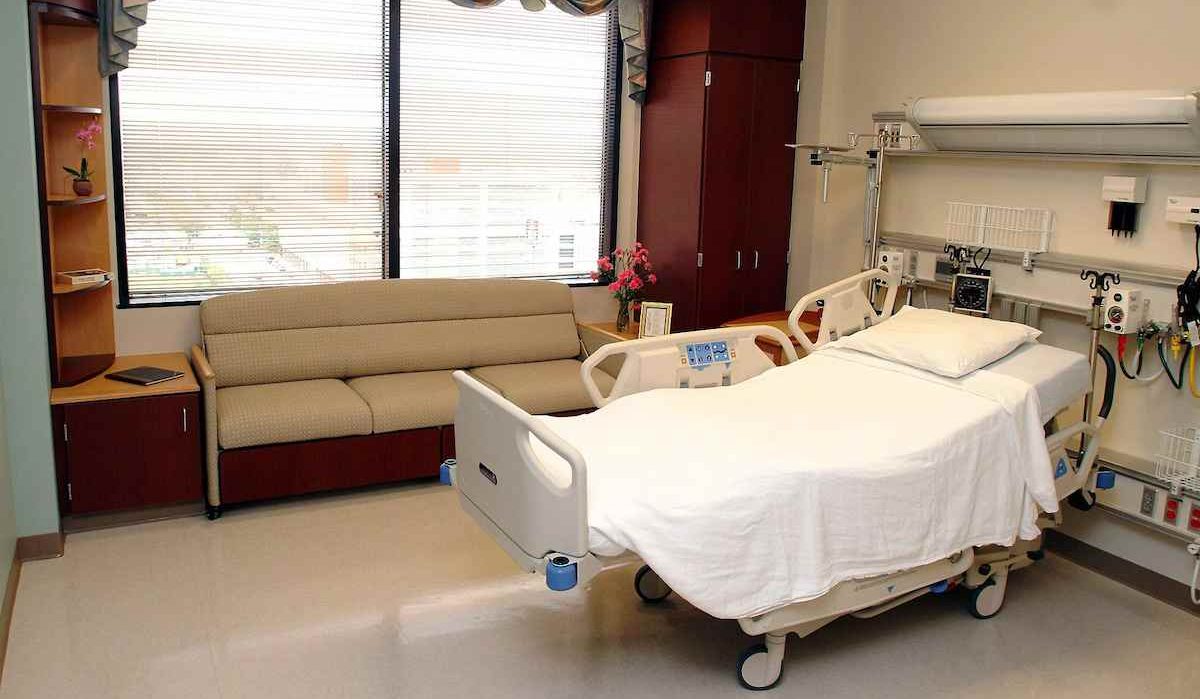 Compare different suppliers and hospitals Depending on the type of care you need, procedures and consultations can vary widely between providers. This is especially true for elective procedures such as infertility treatment or LASIK surgery. Researching different providers and hospitals is a useful way to ensure that you can keep costs to a minimum while still getting the care you need. Your insurance company can be a good starting point and provide a list of suppliers on the Internet. From there, we recommend that you contact each of these providers for their fees and any additional costs that may be associated with office visits or procedures. Pay in advance to access the discounted price Another way to reduce treatment costs is to make a down payment for some or all of your care. This will help to reduce overall costs and reduce financial responsibility. Keep in mind, though, that prepaid discounts aren’t automatic – you’ll need to check with your service provider to find out what discounts they offer and how much you’ll need to pay upfront to get these discounts.
Compare different suppliers and hospitals Depending on the type of care you need, procedures and consultations can vary widely between providers. This is especially true for elective procedures such as infertility treatment or LASIK surgery. Researching different providers and hospitals is a useful way to ensure that you can keep costs to a minimum while still getting the care you need. Your insurance company can be a good starting point and provide a list of suppliers on the Internet. From there, we recommend that you contact each of these providers for their fees and any additional costs that may be associated with office visits or procedures. Pay in advance to access the discounted price Another way to reduce treatment costs is to make a down payment for some or all of your care. This will help to reduce overall costs and reduce financial responsibility. Keep in mind, though, that prepaid discounts aren’t automatic – you’ll need to check with your service provider to find out what discounts they offer and how much you’ll need to pay upfront to get these discounts. 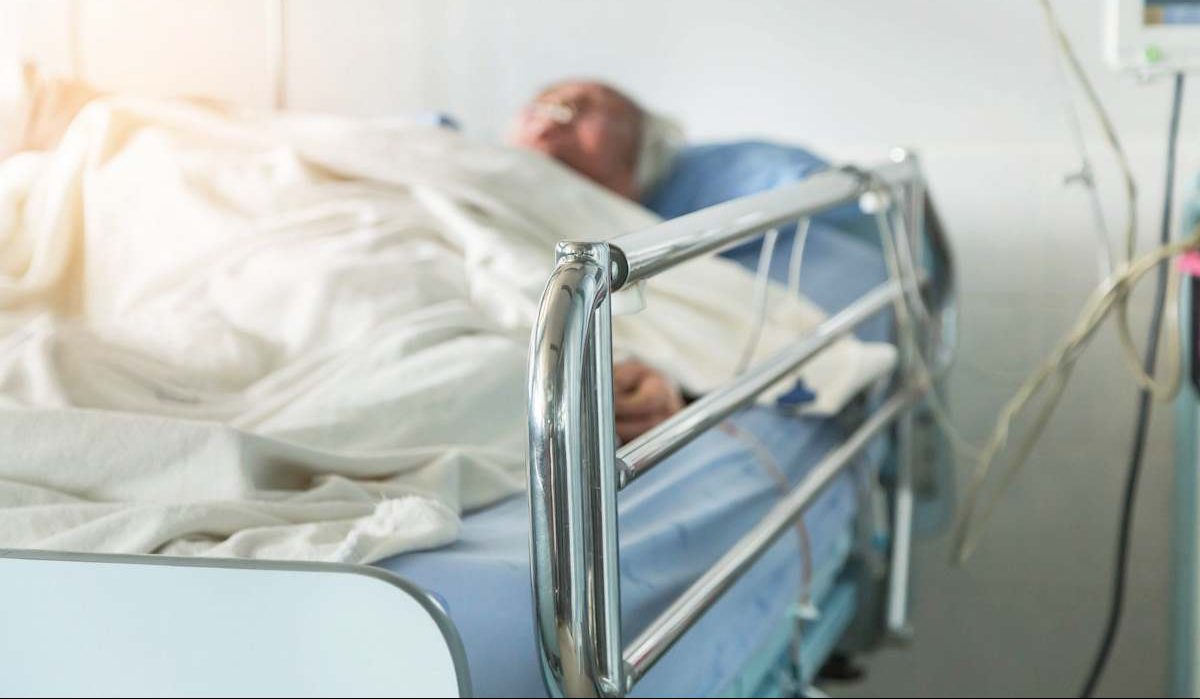 However, many providers and hospitals offer this option, so it is definitely worth considering. 15 tips to sleep better in the hospital Bring your own pillow and blanket. If your main concern is your bedding or pillow, taking your own bedding can greatly improve the quality of your sleep. If you bring your own pillow for your hotel stay, do the same when you are in the hospital. Packing for a comfortable hospital stay can make a big difference to your comfort. Ask for medicine to help you sleep. Certain medications, such as Ambien, help people fall asleep faster, which can be of great help. If you are taking sleeping pills at home, you should let your healthcare team know as they may be able to add them to your hospital medications. Ask for medicine to help you sleep. If you have trouble sleeping or wake up in the middle of the night and can’t get back to sleep, ask about something that might help. Over-the-counter medications such as Unisom and Benadryl are often used for this purpose. Stay awake during the day and only sleep at night. Don’t take naps until you’re ready to sleep through the night when the time is right. If you are tired, take a nap, but too much sleep during the day can mean you don’t sleep well at night. Close your bedroom door.
However, many providers and hospitals offer this option, so it is definitely worth considering. 15 tips to sleep better in the hospital Bring your own pillow and blanket. If your main concern is your bedding or pillow, taking your own bedding can greatly improve the quality of your sleep. If you bring your own pillow for your hotel stay, do the same when you are in the hospital. Packing for a comfortable hospital stay can make a big difference to your comfort. Ask for medicine to help you sleep. Certain medications, such as Ambien, help people fall asleep faster, which can be of great help. If you are taking sleeping pills at home, you should let your healthcare team know as they may be able to add them to your hospital medications. Ask for medicine to help you sleep. If you have trouble sleeping or wake up in the middle of the night and can’t get back to sleep, ask about something that might help. Over-the-counter medications such as Unisom and Benadryl are often used for this purpose. Stay awake during the day and only sleep at night. Don’t take naps until you’re ready to sleep through the night when the time is right. If you are tired, take a nap, but too much sleep during the day can mean you don’t sleep well at night. Close your bedroom door.  Unless the patient is in intensive care, closing the door is usually not a problem, and noise from hallways and other rooms can be significantly reduced. Use earplugs. If closing the door isn’t enough, earplugs may be all you need to block out hospital noise and earn your well-deserved sleep. Use a sleep mask. Could use something to cover the eyes if the light from the hallway or outside the window made it difficult to sleep. Please do not book late evening/early morning visits. If you have trouble sleeping when you have company, make sure there is no company when you try to fall asleep. Some people feel comfortable around friends and family, while others find it difficult to sleep with an audience. Use white noise. If the noise still bothers you, many smartphones offer free white noise apps that can mask hospital sounds. Others prefer to use the TV, music or even a fan to block out outside noises. Most hospitals are happy to offer a ventilator for this, especially if it makes you feel more comfortable and better. Set the temperature.
Unless the patient is in intensive care, closing the door is usually not a problem, and noise from hallways and other rooms can be significantly reduced. Use earplugs. If closing the door isn’t enough, earplugs may be all you need to block out hospital noise and earn your well-deserved sleep. Use a sleep mask. Could use something to cover the eyes if the light from the hallway or outside the window made it difficult to sleep. Please do not book late evening/early morning visits. If you have trouble sleeping when you have company, make sure there is no company when you try to fall asleep. Some people feel comfortable around friends and family, while others find it difficult to sleep with an audience. Use white noise. If the noise still bothers you, many smartphones offer free white noise apps that can mask hospital sounds. Others prefer to use the TV, music or even a fan to block out outside noises. Most hospitals are happy to offer a ventilator for this, especially if it makes you feel more comfortable and better. Set the temperature.  Speaking of fans, a fan can be a great way to regulate the temperature in your room. Most newer facilities offer temperature control in separate rooms, so adjust the temperature to your liking. Many hospitals are on the cold side and this works well for patients as it is easier to put on a blanket or two before they overheat and wait for the room to cool down. Wear comfortable clothes. If the nurse doesn’t mind, wear comfortable pajamas instead of a clean hospital gown. Not everyone can wear their own clothes, but if you can, it’s a great way to feel comfortable. Don’t forget to wear loose, everyday clothes, such as pajamas. Avoid caffeine. At home you don’t drink coffee before going to bed, so avoid caffeine within 4-6 hours before going to bed in the hospital. Ask about medications that will prevent you from making another appointment.
Speaking of fans, a fan can be a great way to regulate the temperature in your room. Most newer facilities offer temperature control in separate rooms, so adjust the temperature to your liking. Many hospitals are on the cold side and this works well for patients as it is easier to put on a blanket or two before they overheat and wait for the room to cool down. Wear comfortable clothes. If the nurse doesn’t mind, wear comfortable pajamas instead of a clean hospital gown. Not everyone can wear their own clothes, but if you can, it’s a great way to feel comfortable. Don’t forget to wear loose, everyday clothes, such as pajamas. Avoid caffeine. At home you don’t drink coffee before going to bed, so avoid caffeine within 4-6 hours before going to bed in the hospital. Ask about medications that will prevent you from making another appointment.  Some drugs cannot be given at different times, but others can. If you take the steroid every day and you can’t fall asleep at night, you can ask to take it in the morning so that the stimulant effect fades before bed. Ask for pain relievers before going to bed. If the pain prevents you from falling asleep, ask for a dose of painkillers that you can give at bedtime, preferably for a longer period of time. Request a private room. Many hospitals have turned them all into private rooms, but some still have rooms that patients have to share with their roommates. If you’re stuck with a roommate who likes the TV on but isn’t loud enough to drown out his snoring or talking on the phone.
Some drugs cannot be given at different times, but others can. If you take the steroid every day and you can’t fall asleep at night, you can ask to take it in the morning so that the stimulant effect fades before bed. Ask for pain relievers before going to bed. If the pain prevents you from falling asleep, ask for a dose of painkillers that you can give at bedtime, preferably for a longer period of time. Request a private room. Many hospitals have turned them all into private rooms, but some still have rooms that patients have to share with their roommates. If you’re stuck with a roommate who likes the TV on but isn’t loud enough to drown out his snoring or talking on the phone.
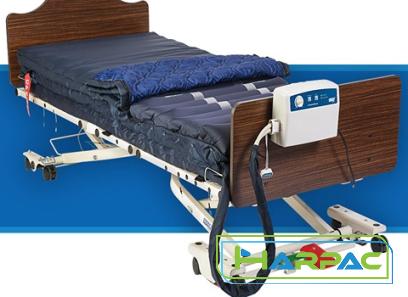
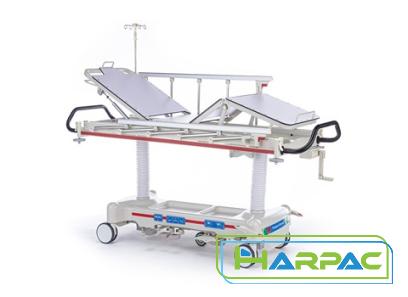
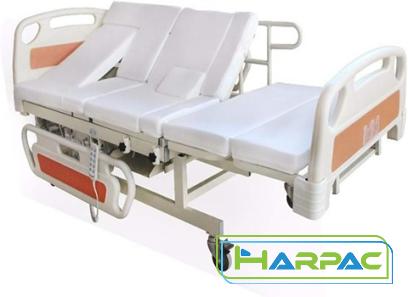
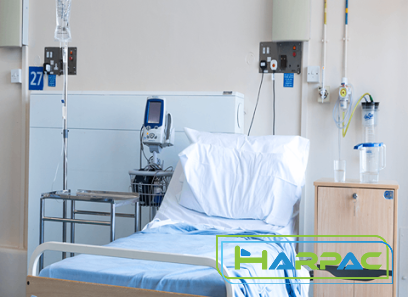

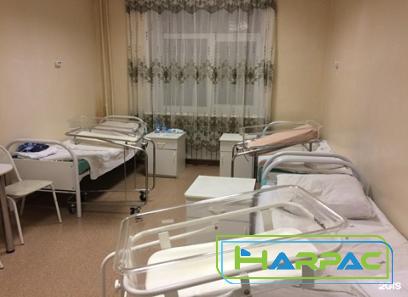
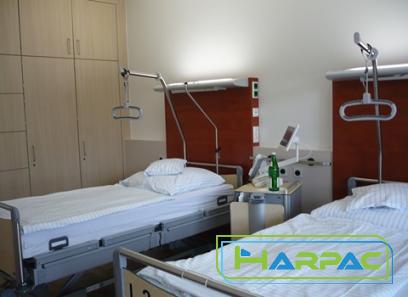
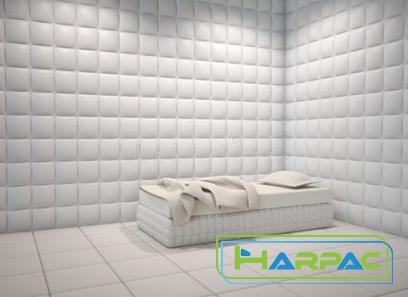
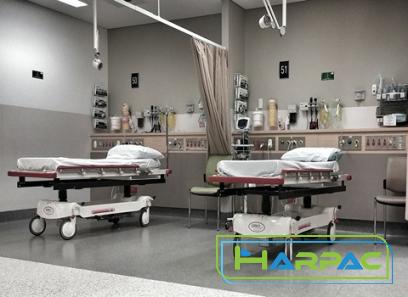
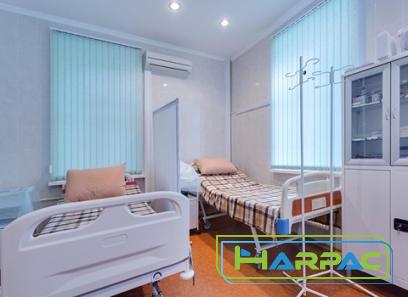
Your comment submitted.